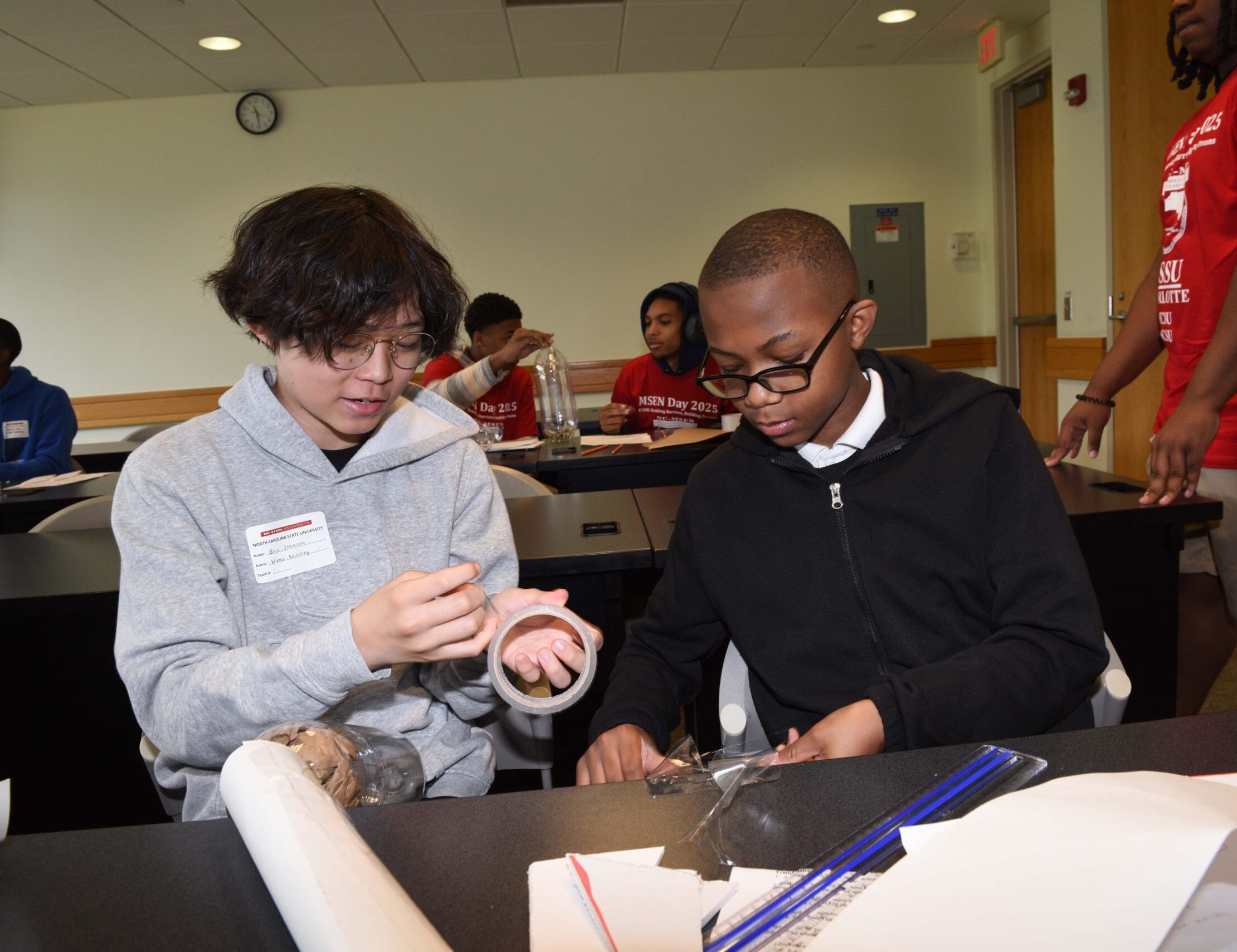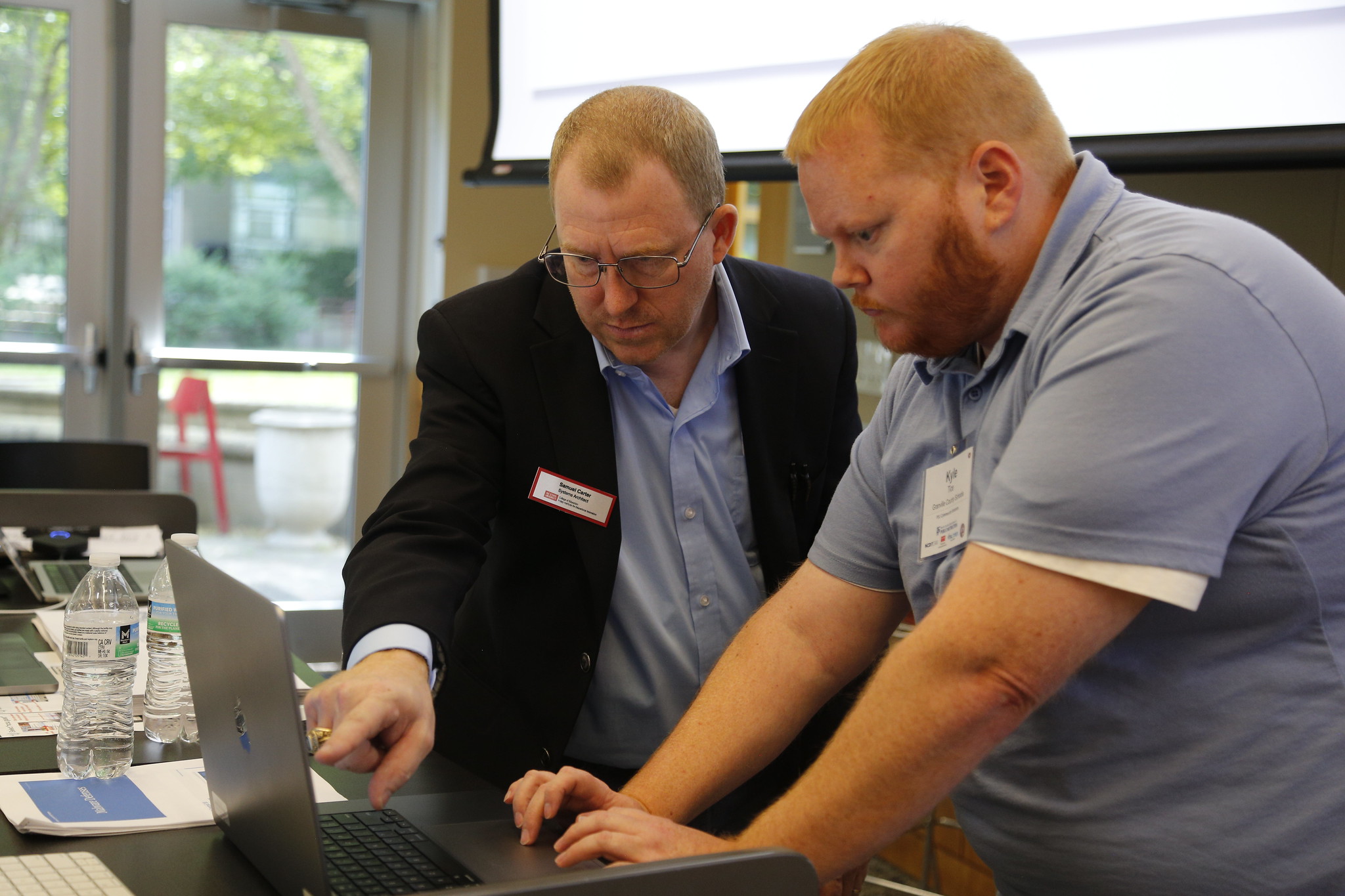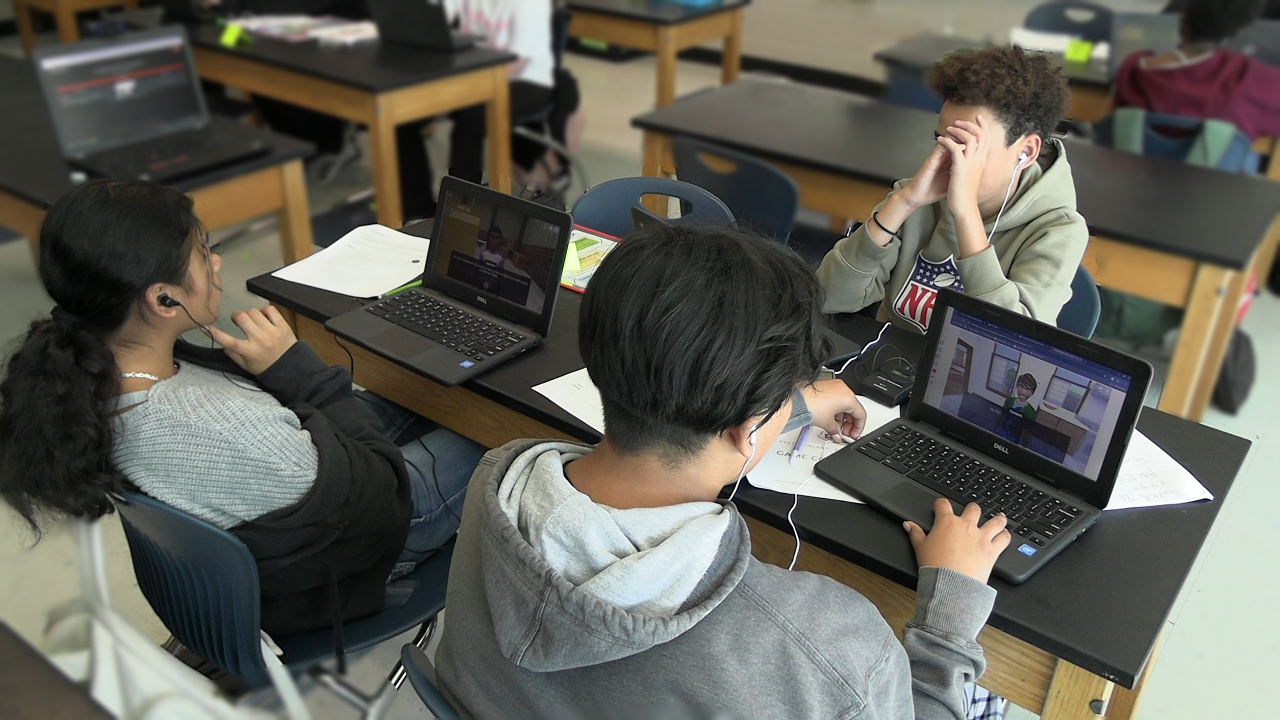The Future of the State and Its Children Dependent on Proper Literacy Instruction, Say Panelists During Exploring Next Generation Education Webinar
The ability to read is fundamental to participation in a democratic society. Those who do not learn to read well typically don’t perform well in school and often have subsequent challenges in postsecondary education and careers.
The 2019 National Assessment of Educational Progress (NAEP) scores indicate that North Carolina is lagging behind in fourth and eighth grade reading scores—benchmarks in K-12 literacy. These scores tend to be even lower for students who are eligible for free and reduced lunch programs and for some students of color.
For all children to have access to meaningful and sound reading instruction that will set them up for future opportunities, the North Carolina Department of Public Instruction (NCDPI) has focused on literacy education through State Superintendent Catherine Truitt’s Operation Polaris. When educators implement the state’s new reading plan, focused on the science of reading, what will be at stake?
This question was at the forefront of the conversation during the Friday Institute for Educational Innovation’s recent webinar, “Exploring Next-Generation Education: Educational Equity and the Science of Reading: What’s at Stake?”, held May 27 and moderated by Hiller A. Spires, Ph.D., executive director at the Friday Institute and associate dean in the NC State College of Education. Panelists included Catherine Edmonds, Ed.D., deputy superintendent in the office of educational equity at NCDPI, Rupen Fofaria, equity and learning differences reporter at EducationNC, and Dennis Davis, Ph.D., associate professor of literacy education in the NC State College of Education. During the discussion, themes of literacy instruction impacting the future of the state as well as the definition and importance of the science of reading continued to surface.
“I think it’s important that we be on the same page with what we mean by words, and the term ‘science of reading’ is used in a lot of ways,” said Fofaria. “It’s criticized for what it may or may not include; it can be dismissed as a buzzword. I operate with the definition of the science of reading as what we know from valid, settled, replicated scientifically based research. It tells how our brains and kids’ brains are wired to learn how to read. It tells about delivering systematic, explicit and cumulative phonics instruction, and it tells about the role of both decoding and language comprehension in reading instruction.”
Fofaria also emphasized the critical role literacy plays in equitable education.
“There are vast gaps among our society that put some groups of people at a disadvantage,” said Fofaria. “To compete in most jobs, literacy is critical. To navigate most of life, it is important, and education is vital to closing the opportunity gaps, including the reading gap. That means being intentional about creating environments that affirm all of our inherent potential and the inherent potential of every student.”
Edmonds discussed NCDPI’s plans to implement the science of reading through Operation Polaris, which she says will provide equity in education.
“We know that equity in education means removing barriers so that all students can reach their academic potential. When students are strong readers, we know that they’re prepared for success in school and life,” said Edmonds. “Having those strong reading skills, they serve as a foundation for future learning and they enable students to become strong leaders with a bright future.”
Edmonds shared the collaborative work the literacy task force within Operation Polaris is doing to have a broad spectrum of people at the table to ensure that all school districts have access to the program and teachers and administrators are trained to be successful. The work continues after training with in-class support from coaches.
“When I think about what’s at stake when we look at the science of reading and ensuring that we have effective literacy instruction, it’s the lives of our children,” said Edmonds. “It’s the future of this state. We have to ensure that we have students that we are preparing to step up and be those leaders for tomorrow.”
Rounding out the panel discussion was Davis, who alluded to the confusion and misuse of the term “science of reading,” suggesting “evidence base for teaching reading” instead.
“The term ‘science of reading’ itself is really ambiguous and imprecise,” said Davis. “The science does give us a rigorously developed evidence base that should inform the teaching of reading, and this evidence base is spread out across hundreds of journals, over decades of research and many, many disciplines that have contributed to this work. It’s messy and it’s intricate, and it’s vast. So when I talk about the science of reading today and always, this is the knowledge that I’m talking about. Sometimes to avoid confusion, I like to just call it the ‘evidence base for teaching reading’—just sort of skirt the term all together.”
Then Davis provided 10 consistent findings in the evidence base for teaching reading that he thinks all educators should know about and should be embedded in all conversations about the science of reading. View all 10 findings here.
Spires closed the discussion saying she felt encouraged and excited for the work ahead for the state.
“We’ve heard from three experts from different sectors on educational equity and the science of reading,” Spires said. “We have a vision for NC that all students can read and read well. Let’s all pull together to make this vision a reality. May we all be the light in supporting educators as they engage students to be strong readers. We know the stakes are high.”
Watch a full recording of the webinar here.



